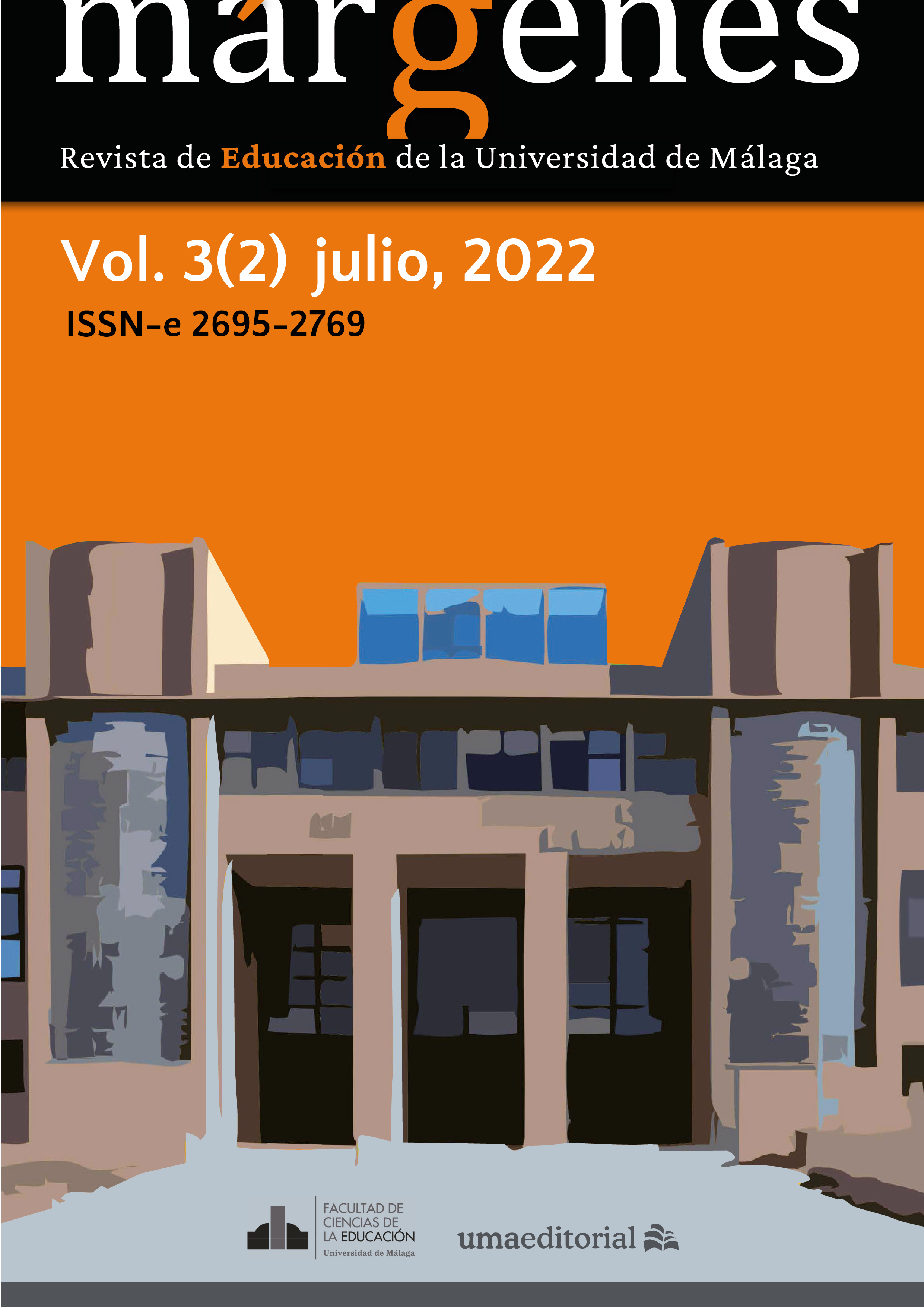The poetic of daily
DOI:
https://doi.org/10.24310/mgnmar.v3i2.14776Keywords:
discomfort, relations, singularity, healthy environmentsAbstract
-Some words that seem to enter the field of education by chance, in a way, show the great imbalances in which we live and which we end up naturalising. One of these star-words is mental health. Why is the issue of mental health in the spotlight in schools and out of school? Concerning ourselves with the well-being of children and their living contexts makes sense, but we inadvertently fall into transforming children into labels, which de-responsibilises adults and the context. This apparently reduces stigma because it is "naturally" named, but in the long run it has disturbing effects as it amplifies it and can even trivialise suffering. This is a paradox of the irruption of words from the field of health into our daily lives. This text aims to be an invitation to return to the poetics of the everyday. We speak of poetics because the school, as part of life, should not close itself to certain languages, but needs to recover the word, listening, conversation. It is therefore essential to find words that do not fracture the connections between the subjective and the social, the framework that makes each person an original being, thus avoiding falling into other words that lead us to slide quickly into pathology and lock us into predetermined meanings, creating fixed identities and static realities.
Downloads
Metrics
References
Ubieto, J. R. (2014). Hablar con el cuerpo. UOC.
Cífali, M. (2018). S´enganger pour accompagner. PUF.
Downloads
Published
How to Cite
Issue
Section
License
The editorial team of Márgenes supports an open Access policy of scientific knowledge. apostamos claramente por una política de acceso abierto del conocimiento científico (see Berlin Declaration).
Authors with work published in this journal accept the following conditions:
- This journal provides immediate free access to its content under the principle of making research freely available to the public. All contents published in Márgenes are subject to the Creative Commons Reconocimiento-SinObraDerivada 4.0 Internacional
It is the responsibility of the authors to obtain the necessary permissions of the images that are subject to copyright.
Authors whose contributions are accepted for publication in this journal will retain the non-exclusive right to use their contributions for academic, research and educational purposes, including self-archiving or deposit in open-access repositories of any kind.
The electronic edition of this magazine is edited by the Editorial of the University of Malaga (UmaEditorial), being necessary to cite the origin in any partial or total reproduction.
- Authors can enter into other additional independent contractual agreements for the non-exclusive distribution of the version of the article published in this journal (e.g. including it in an institutional repository or publishing it in a book) on the condition that they clearly indicate that the work was originally published in this journal.
- Authors are allowed and recommended to publish their work on the Internet (for example on institutional and personal websites), before and after the publication, as this could lead to constructive exchanges and a more extensive and quick circulation of published works (see The Effect of Open Access).














